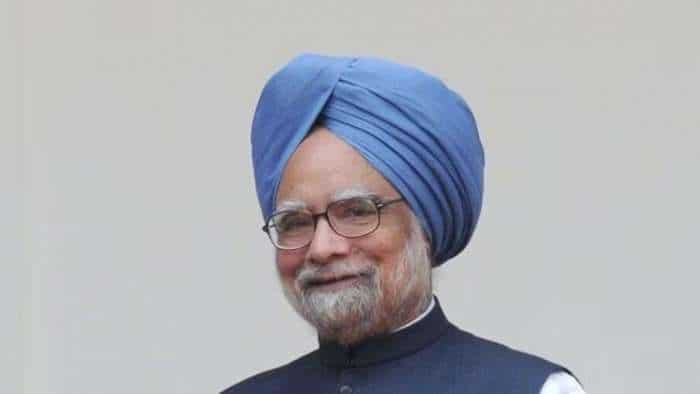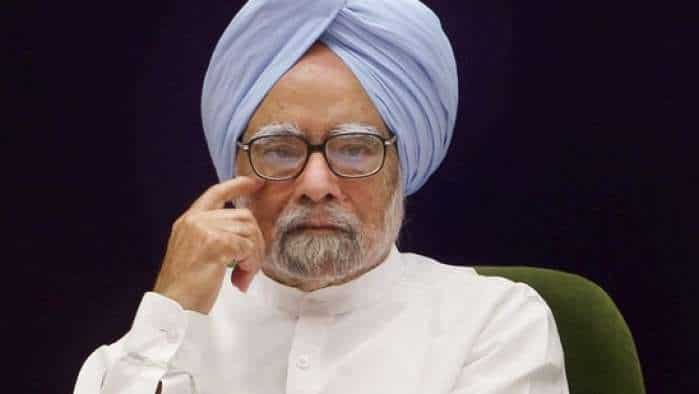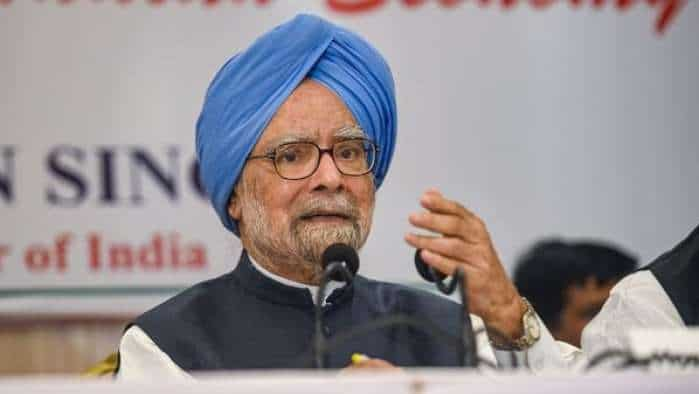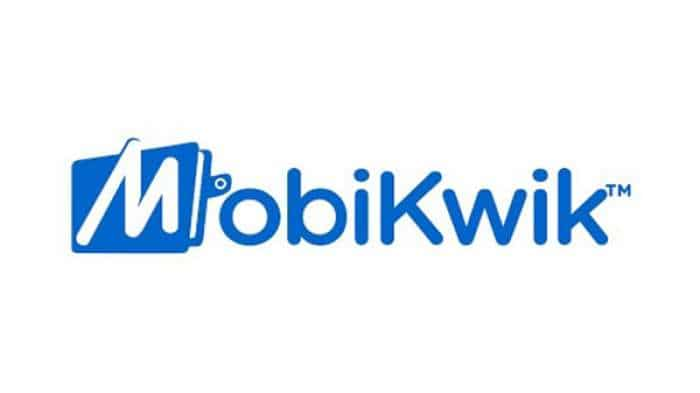‘Make in India’ policy in motion: Electric two-wheelers paving way for sustainable transport, says expert
With projections indicating the EV market could reach USD 47 billion by 2026, Prashant Vashishtha, the Chairman and Managing Director (CMD) of Sokudo India, says e-mobility is set to become a foundational element of India's transportation ecosystem.
)
India's electric vehicle landscape is undergoing a noticeable transformation, especially in the electric two-wheeler (E2W) sector, driven by the government's 'Make in India' initiative. This ambitious program aims to position India as a global manufacturing powerhouse, a goal underscored by the 422 per cent increase in E2W adoption from 2019 to 2021, as highlighted by Union Minister of Road Transport and Highways Nitin Gadkari. Prashant Vashishtha, the Chairman and Managing Director (CMD) of Sokudo India, says this surge is a clear indicator of how the government's effective policies are navigating the country towards an electric mobility future.
He believes the shift towards EVs is part of India's broader strategy to cut carbon emissions and reduce its reliance on imported crude oil. With projections indicating the EV market could reach USD 47 billion by 2026, he says e-mobility is set to become a foundational element of India's transportation ecosystem. "In this regard, the 'Make in India' policy, supported by various incentives and initiatives, is fostering the growth of the E2W market, directly aligning with the nation's sustainable development goals," he avers.
The Chairman and Managing Director (CMD) of Sokudo India talks about these 4 factors that are catalysts of the electric two-wheeler boom in the country —
Government Policies and Incentives: The Catalysts
Vashishtha feels that key government initiatives like the Bharat Stage (BS) VI Emission Standards and the FAME Scheme are pivotal in promoting e-mobility. He explains, "For instance, the approval of 2,877 charging stations in 68 cities across the country under FAME-II is a significant step towards developing the necessary infrastructure for electric two-wheelers. Additionally, the National Mission on Transformative Mobility and Storage aims to establish India as a leader in electric mobility and battery storage, ensuring cleaner cities and reduced oil dependency."
Pocket-Friendly E2Ws: Making EVs Accessible to the Masses
Soaring fuel prices in India are making E2Ws an increasingly attractive option for consumers. The Chairman and Managing Director (CMD) of Sokudo India believes that the running cost of electric two-wheelers, facilitating savings over time, combined with government incentives, is enhancing the appeal of E2Ws. He adds, "This affordability, alongside the environmental benefits, positions E2Ws as a compelling choice for the eco-conscious and cost-aware Indian consumer."
In addition, he says E2Ws are more affordable compared to conventional vehicles and E4Ws and their affordability makes them more appealing to the masses, particularly those based in semi-urban and rural areas where cost influences vehicle purchase decisions heavily, in turn, contributing towards EV adoption.
Empowering Indian Manufacturers: The ‘Make in India’ Edge
Vashishtha avers that the ‘Make in India’ initiative is significantly boosts domestic EV manufacturing, making E2Ws more affordable and suited to Indian conditions. He explains, "Industry leaders are leveraging the Production Linked Incentive (PLI) scheme to develop an affordable range of E2Ws, catalyzing broader adoption. The financial incentives availed under such schemes enable EV manufacturers to competitively price their E2Ws, making them accessible to the masses. This strategy strengthens the domestic EV industry while supporting the government's vision of self-reliance and economic growth."
Charging Infrastructure and Battery Technology: Building the Backbone
He feels developing charging infrastructure and advancing battery technology are essential for the widespread adoption of E2Ws. "Government efforts to install charging stations and provide incentives for battery manufacturing are creating a robust EV ecosystem. This infrastructure is key to addressing range anxiety and making E2Ws a viable option nationwide, especially as demand in rural areas grows," he says.
India's E2W market is at a pivotal juncture, driven by supportive policies, incentives, and initiatives like 'Make in India'. "As the nation overcomes challenges related to charging infrastructure and public awareness, the future of sustainable transport in India headed by electric two-wheelers is bright. E2Ws are becoming indispensable in the fight against climate change and in achieving energy independence, positioning India as a future leader in global e-mobility," he sums up saying.
Get Latest Business News, Stock Market Updates and Videos; Check your tax outgo through Income Tax Calculator and save money through our Personal Finance coverage. Check Business Breaking News Live on Zee Business Twitter and Facebook. Subscribe on YouTube.
RECOMMENDED STORIES
02:26 PM IST











 TVS Motor Company sales up 10% at 4,01,250 units in November
TVS Motor Company sales up 10% at 4,01,250 units in November This is how Elon Musk reacted to Jaguar's video clip, and then...
This is how Elon Musk reacted to Jaguar's video clip, and then... Maruti Suzuki eyes significant increase in exports by 2030
Maruti Suzuki eyes significant increase in exports by 2030 BMW opens bookings for its first premium electric scooter in India; set to launch it on this date | Check expected price, other details
BMW opens bookings for its first premium electric scooter in India; set to launch it on this date | Check expected price, other details 5 electric scooters under Rs 1.60 lakhs with impressive boot space and range
5 electric scooters under Rs 1.60 lakhs with impressive boot space and range